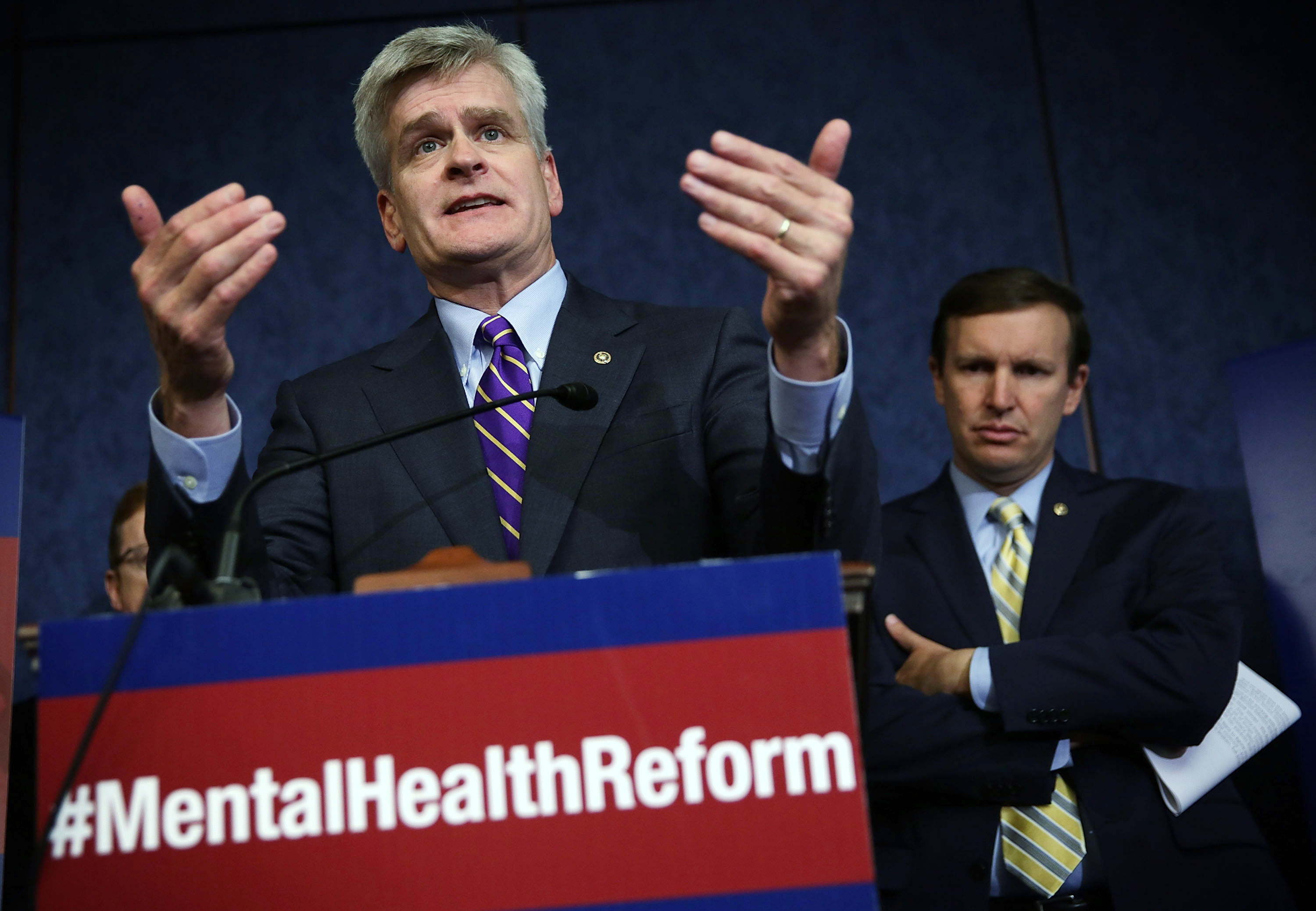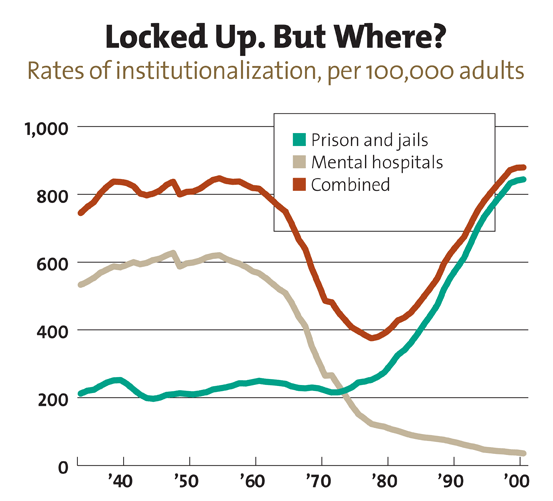
Alexander, Murray, Cassidy, Murphy Introduce Plan to Address Mental Health Crisis in America
Senate health committee members release staff discussion draft to help Americans suffering from mental health and substance abuse disorders by ensuring mental health agency embraces innovation, gives states flexibility to meet need, and improves access to care
WASHINGTON, D.C., March 7 – A bipartisan group of Senate health committee members, including the Chairman and Ranking Member, today announced their plan to address the country’s mental health crisis and ensure Americans suffering from mental illness and substance abuse disorders receive the care they need.
The bipartisan draft legislation works to bring our mental health care system into the 21st Century by embracing mental health research and innovation, giving states the flexibility they need to meet the needs of those suffering, and improving access to care.
 (Shortly after publishing CRAZY: A Father’s Journey Through America’s Mental Health Madness, I spent several weeks with Gunther Stern at Georgetown Ministries in Washington D.C. because I wanted to write a book about homelessness. But my editor at the time rebuffed it, explaining that no one wanted to read about persons with mental illnesses who lived on the streets. I was thrilled yesterday when Theresa Vargas at the Washington Post published a profile of Gunther and his tirelessly efforts to help the “invisible” who roam our streets.”)
(Shortly after publishing CRAZY: A Father’s Journey Through America’s Mental Health Madness, I spent several weeks with Gunther Stern at Georgetown Ministries in Washington D.C. because I wanted to write a book about homelessness. But my editor at the time rebuffed it, explaining that no one wanted to read about persons with mental illnesses who lived on the streets. I was thrilled yesterday when Theresa Vargas at the Washington Post published a profile of Gunther and his tirelessly efforts to help the “invisible” who roam our streets.”)








